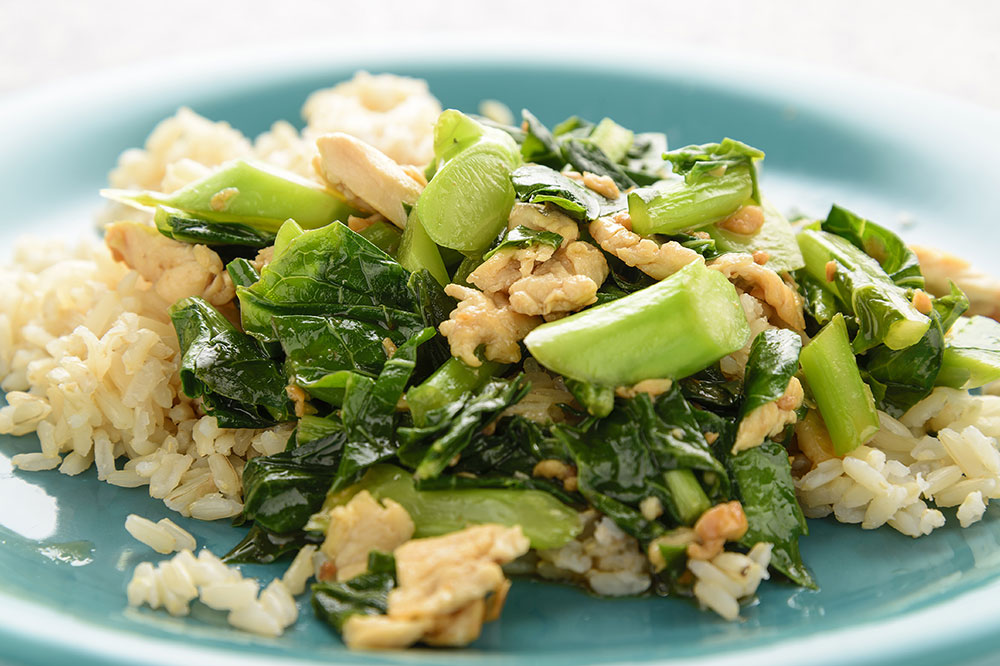HIV infection – Early signs and foods to delay the progression

The human immunodeficiency virus (HIV) spreads through bodily fluids like blood and genital discharges. It attacks the immune system and can even lead to death on progressing into stage 3 HIV, commonly referred to as AIDS. Therefore, timely detection and management are crucial. Keeping this in mind, we have listed some of the early symptoms of an HIV infection and a few nutritious foods to eat to delay its progression.
Early and uncommon signs of an HIV infection
The first symptoms of HIV usually develop within two to four weeks after contracting the virus. The initial stage is also known as acute HIV infection and often includes symptoms like fever, headache, tiredness, sore throat, skin rash, mouth ulcers, swollen lymph glands, diarrhea, and muscle and joint pain.
Some people in the initial stage experience symptoms linked to health conditions like esophageal candida, herpes zoster, and HIV wasting syndrome, which are usually seen later on. Some patients may also show non-HIV-associated gastrointestinal and central nervous system symptoms, such as gallbladder inflammation, severe gastric bleeding, kidney failure, brain inflammation, and meningitis. Remember that not everyone with the virus exhibits symptoms in the early days of an HIV infection.
Foods to slow down HIV progression
These foods can help improve overall health and delay the progression of an HIV infection:
Kale
This dark leafy green is among the most nutritious veggies. Kale is packed with compounds that boost immune health and keep inflammation levels in check, decreasing the risk of complications associated with HIV.
Lean beef
Lean protein is necessary to build muscles and bolster the immune system. An excellent source of high-quality protein is lean cuts of beef. Other good sources include fish, eggs, beans, and nuts.
Brown rice
Unlike white rice, brown rice is a whole grain full of fiber and B vitamins. Eating lots of fiber-rich foods decreases the likelihood of lipodystrophy, a side effect of an HIV infection.
Salmon
Salmon is full of high-quality, healthy fats called omega-3 fatty acids, a beneficial nutrient for those with HIV. Omega-3s have been proven to decrease inflammation and lower the risk of heart problems.
Although these foods help combat an HIV infection, patients usually require treatments like the following:
PIFELTRO
PIFELTRO is for treating HIV-1, the most common type of HIV, along with other treatments. It helps decrease the amount of the virus in the body, improving the function of the immune system.
Zidovudine
Zidovudine, like PIFELTRO, is used in combination with other treatments. It is typically recommended for HIV-positive pregnant women to lower the risk of passing the virus to the baby.







